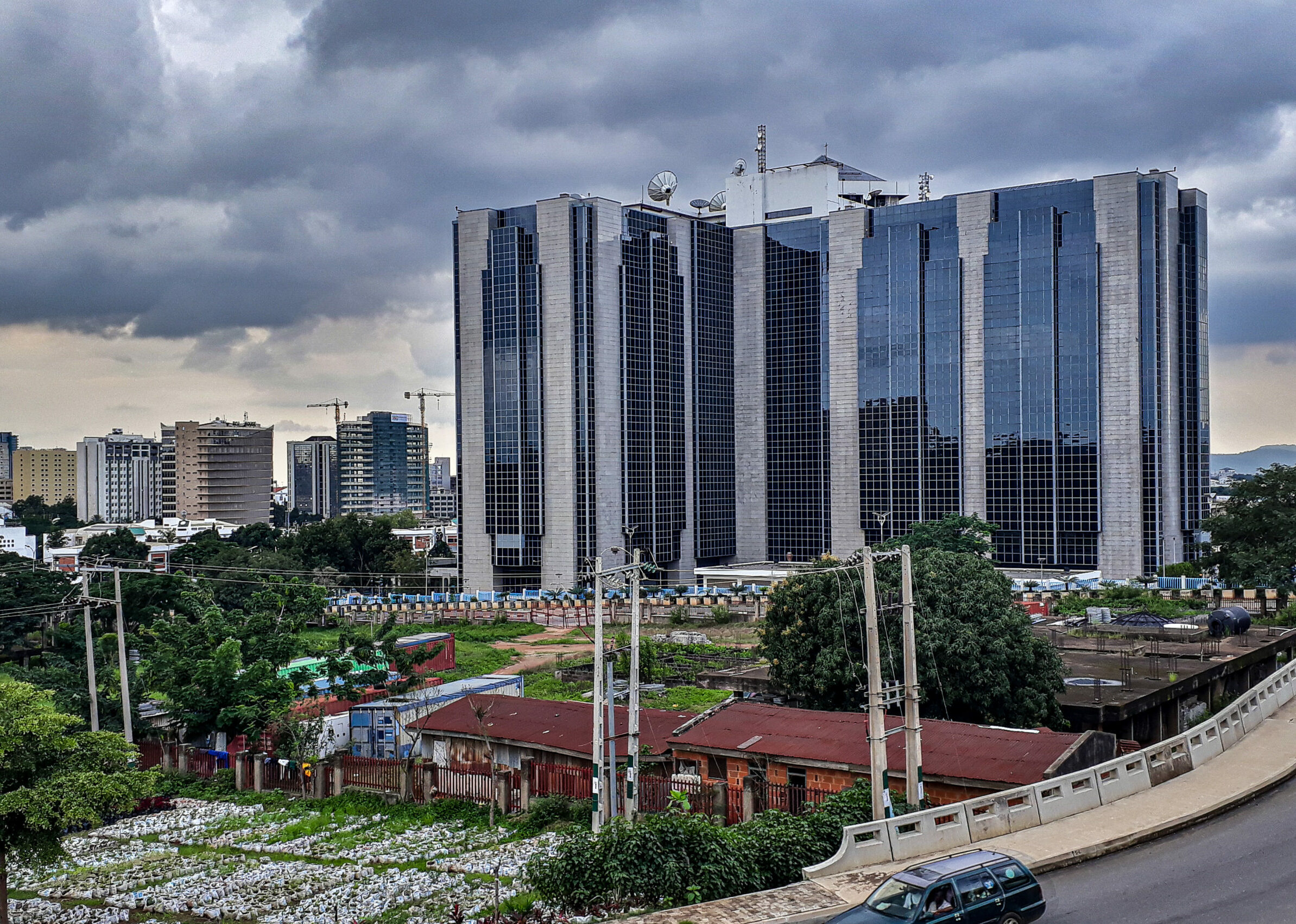Nigeria’s apex bank, the Central Bank of Nigeria, CBN has paid nearly $2 billion in outstanding foreign exchange forwards in the last three months to clear a backlog of dollars.
Acting spokesperson Hakama Sadi Ali revealed this in a statement late on Sunday.

Forex shortages continue to challenge Nigeria’s currency, the naira.
A major concern for investors is that Nigeria has nearly $7 billion in forex forwards that have matured, but the Central Bank has promised to pay up to boost confidence in the foreign exchange market.
Ali said in the past three months, the CBN has also redeemed outstanding forward liabilities amounting to almost USD 2 billion.
He said the action by the apex bank underscores its commitment to the resolution of pending obligations and a functional foreign exchange market.
Oil production is the country’s largest export, accounting for more than 90% of dollar inflows. However, the West African country’s foreign currency shortages have been worsened by declining levels of production.
Foreign airlines were owed over $700 million at the end of November 2023.
Ali said the CBN had recently paid $61.64 million to foreign airlines, who sold tickets in naira but have not been able to get their money out of the country.
“These payments signify the CBN’s ongoing efforts to settle all remaining valid forward transactions, to alleviate the current pressure on the country’s exchange rate,” Ali said.
Nigeria’s President Bola Ahmed Tinubu has promised to increase foreign currency inflows into Nigeria by attracting new investment, boosting oil production, and reforming the foreign exchange market.
It is not the best time for the Nigerian government, and residents as they grapple with the negative economic effect of poor-performing and depreciating naira currency. The naira has been in free fall.
Once, a dominant currency, it has dwindled badly; falling by over 1000 percent within 40 years.
In the 1980s the exchange rate was as low as $1 to N0.70. The current exchange rate hovers around $1 to N1070 in the parallel market.
More worrisome is the fact that there is no end to the woes that have befallen the nation as the regulatory and financial policy thrusts of successive governments aimed at boosting the value of the Naira have all been unsuccessful.


